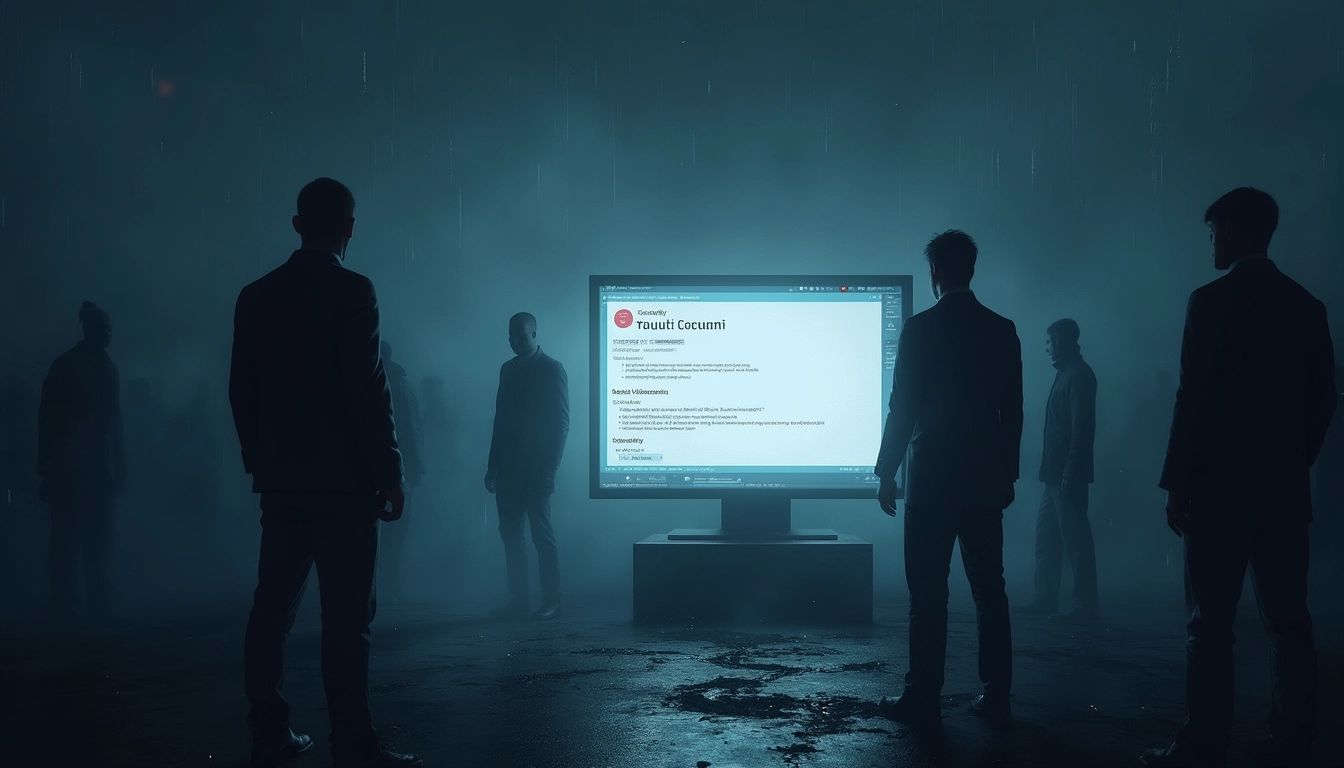
Critical WordPress Vulnerability: Urgent Update Required for 4 Million Sites
The WordPress ecosystem is facing a major security crisis as a critical vulnerability in the popular Really Simple Security plugin puts over 4 million websites at risk. This severe flaw allows remote attackers to gain full administrative access, potentially leading to widespread compromise of affected sites.
Key Takeaways:
- Critical vulnerability (CVE-2024-10924) affects Really Simple Security plugin
- Over 4 million WordPress sites at risk of unauthorized admin access
- Vulnerability exploits a weakness in the plugin’s two-factor authentication system
- Immediate update to version 9.1.2 or later is crucial for protection
- Potential consequences include malware installation and data theft
Table of Contents
Understanding the Vulnerability
The critical vulnerability, identified as CVE-2024-10924, affects both free and premium versions of the Really Simple Security plugin from version 9.0.0 to 9.1.1.1. With a CVSS score of 9.8, this flaw is considered extremely severe in the cybersecurity world.
At its core, the vulnerability is an authentication bypass that exploits a weakness in the plugin’s two-factor REST API actions. The ‘check_login_and_get_user()’ function fails to properly validate the ‘login_nonce’, allowing attackers to bypass authentication when two-factor authentication (2FA) is enabled.
Immediate Action Required
Given the critical nature of this vulnerability, immediate action is required to protect WordPress sites. Website administrators must update to the patched version 9.1.2 or later as soon as possible. Automating your website security updates can help prevent such vulnerabilities from being exploited in the future.

Hosting providers are advised to force-update affected installations and scan databases for any signs of compromise. It’s crucial to verify that your site is running the latest version of the Really Simple Security plugin to mitigate this risk.
Potential Consequences of Exploitation
The ramifications of this vulnerability being exploited are severe. Attackers gaining unauthorized access could potentially:
- Install malware on compromised sites
- Steal sensitive user data and configuration details
- Use compromised sites as launchpads for further attacks
- Cause website downtime or defacement
These consequences underscore the importance of promptly addressing this website security issue.
Timeline and Discovery
The vulnerability was discovered on November 6, 2024, by Wordfence researcher István Márton. Following responsible disclosure practices, patches were released promptly:
- November 12, 2024: Patch released for Pro versions
- November 14, 2024: Patch released for free version
This quick response highlights the importance of collaboration in the WordPress security community.
Enhancing WordPress Security
While updating the Really Simple Security plugin is crucial, it’s also an opportunity to enhance overall WordPress security. Here are some additional steps to consider:
- Keep WordPress core and all plugins updated regularly
- Monitor security logs for unauthorized access attempts
- Implement additional security measures like automated security scans
- Use strong, unique passwords and enable two-factor authentication where possible
By taking a proactive approach to cybersecurity, website owners can better protect themselves against future vulnerabilities and potential attacks.
Conclusion
The discovery of this critical WordPress plugin vulnerability serves as a stark reminder of the ongoing security challenges facing website owners. Prompt action in updating affected installations is crucial to mitigate the risk of exploitation. Moving forward, maintaining vigilance in website security practices will be essential to protect against similar threats in the future.
Sources:
BleepingComputer
Wordfence Blog
SecurityWeek
ACA Global
The Hacker News



2 thoughts on “Critical WordPress Vulnerability: Urgent Update Required for 4 Million Sites”